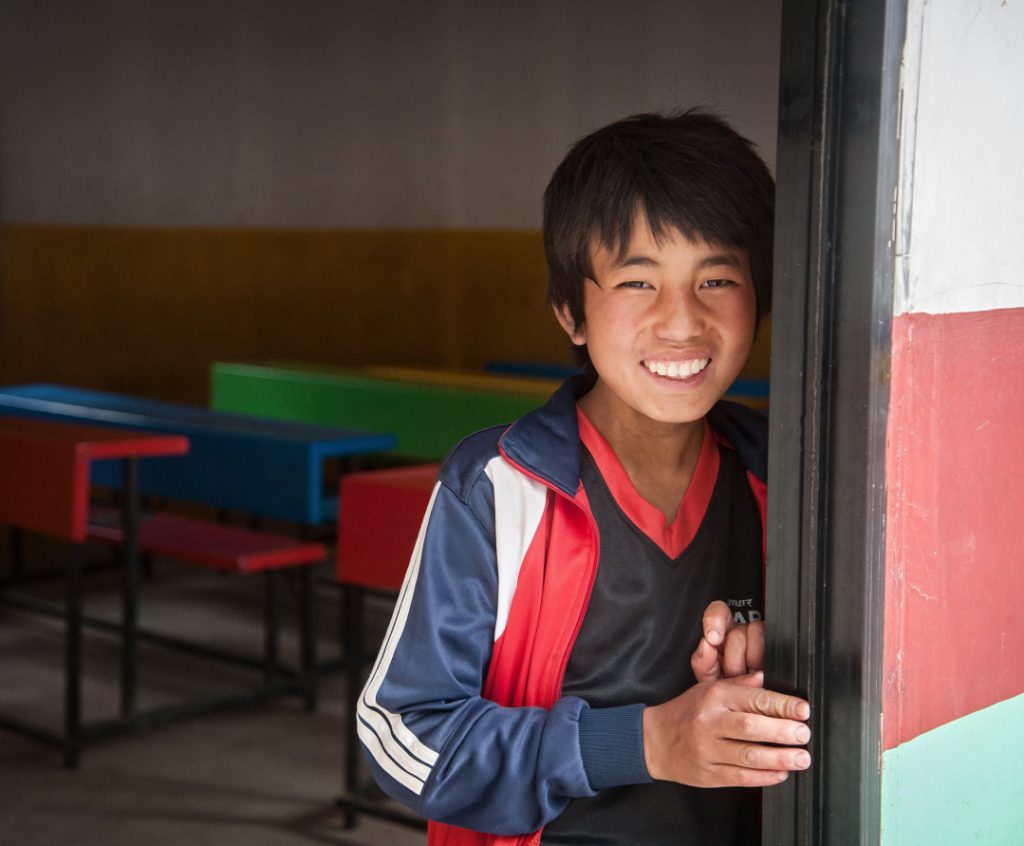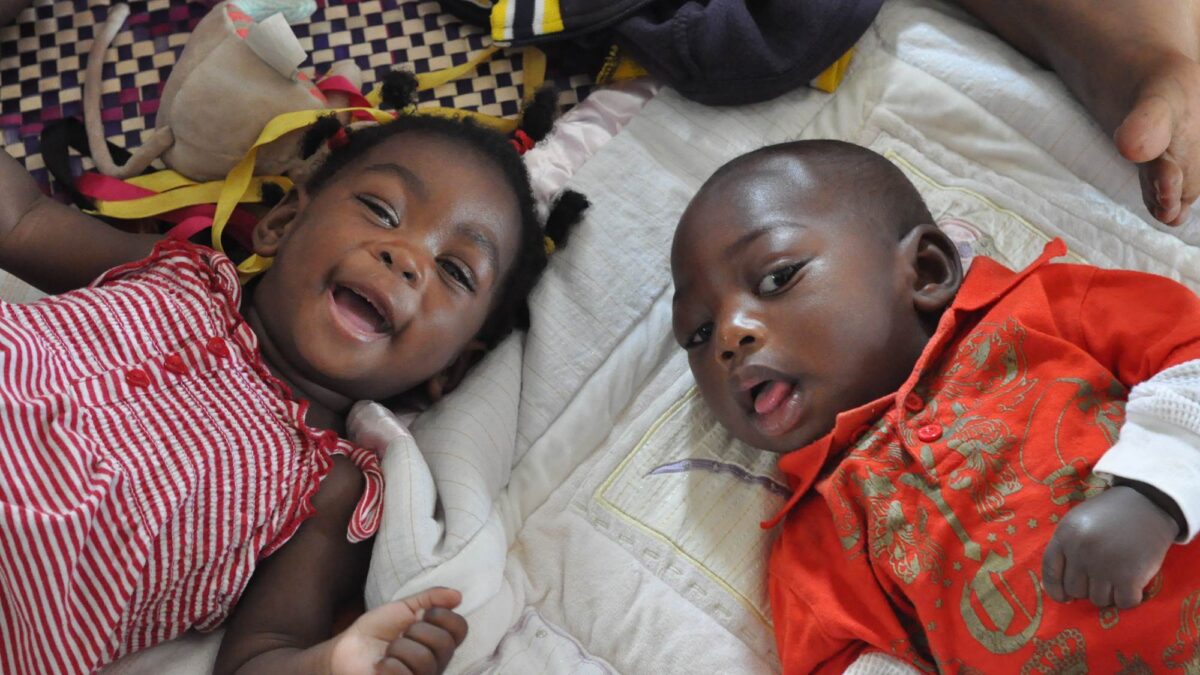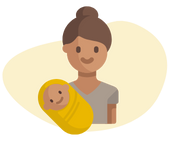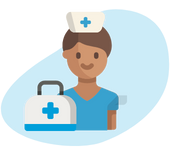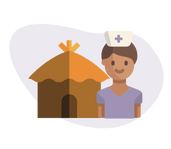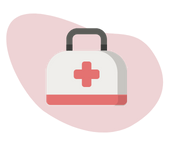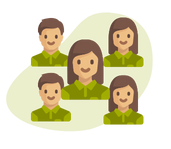Baby Ubuntu is a programme of early care and support that aims to improve quality of life for children with moderate to severe neurodisabilities and their caregivers.
In Uganda, there are perceptions that having a child with a disability is a curse or punishment for wrongdoing. As a result, children with developmental disabilities and their families are at high risk of social and education exclusion, financial stress, and even stigma and violence.
Baby Ubuntu addresses these challenges, providing emotional and practical support to caregivers so they feel empowered and confident, with the tools to care for their child. This enables them to maximise their child’s development, health and quality of life – all while transforming community perceptions of children with disabilities.
Baby Ubuntu sits in the ‘follow-up and early intervention’ arm of AdaraNewborn. This means that as we expand our AdaraNewborn model across Uganda, we will also roll out Baby Ubuntu in additional communities to impact countless more families.

How Baby Ubuntu works
Baby Ubuntu shows improvements in
- Caregivers’ knowledge and skills to care for their child.
- Community and family attitudes towards children with disabilities.
- Children’s quality of life.
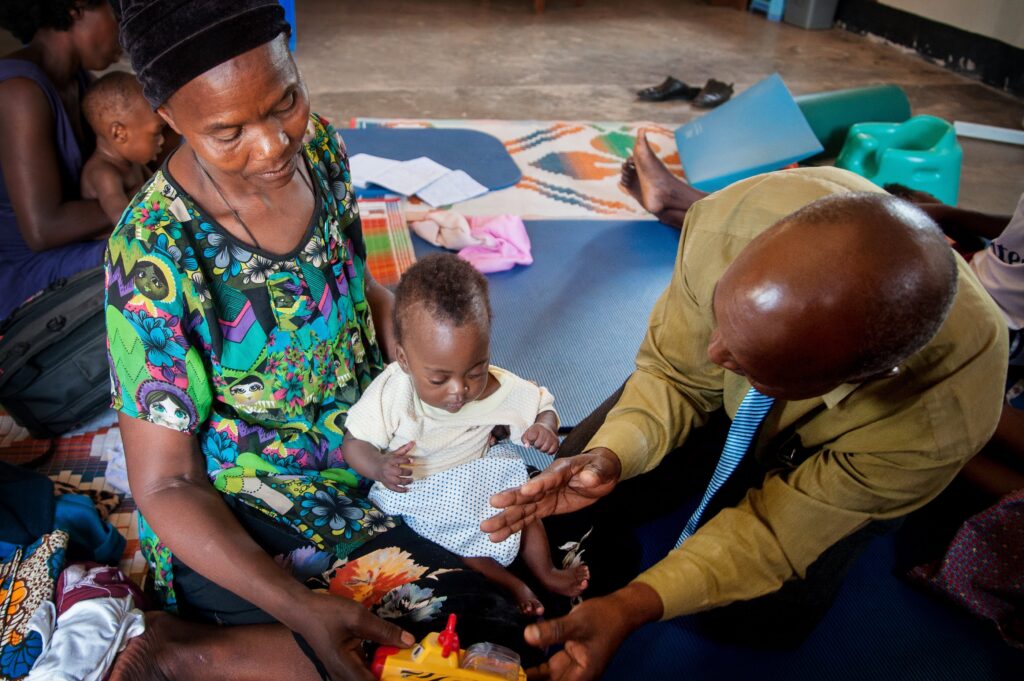
Baby Ubuntu resources
The facilitator manual and additional Baby Ubuntu resources are available from the Ubuntu-Hub.
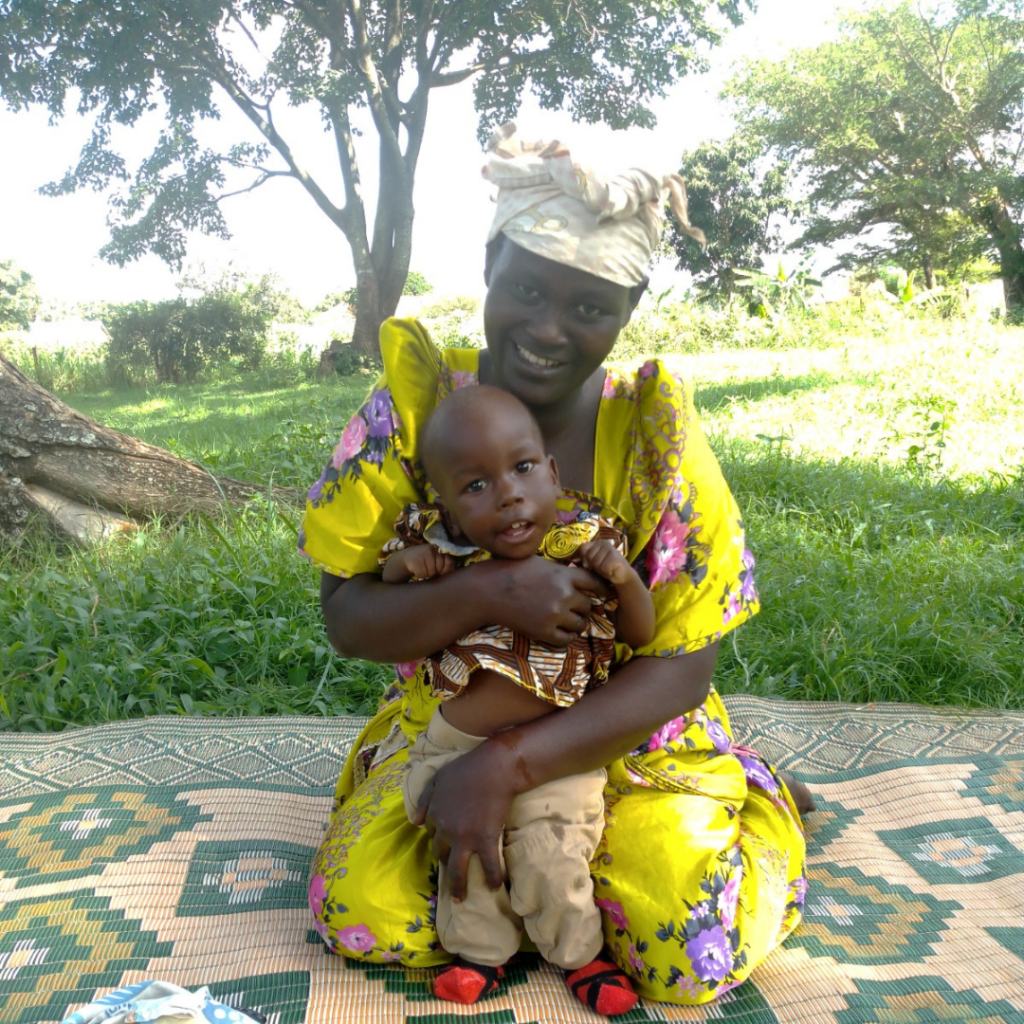
Meet Andrea and Rafael
For 20-year-old Andrea, the Baby Ubuntu programme was a lifeline.
Her son, Rafael, was born with a nuerodisability in 2020. As Rafael’s sole provider, Andrea felt isolated and abandoned – few people understood her experience or her child. All of this changed when she was introduced to Baby Ubuntu. Now, Andrea feels comfortable caring for her son.
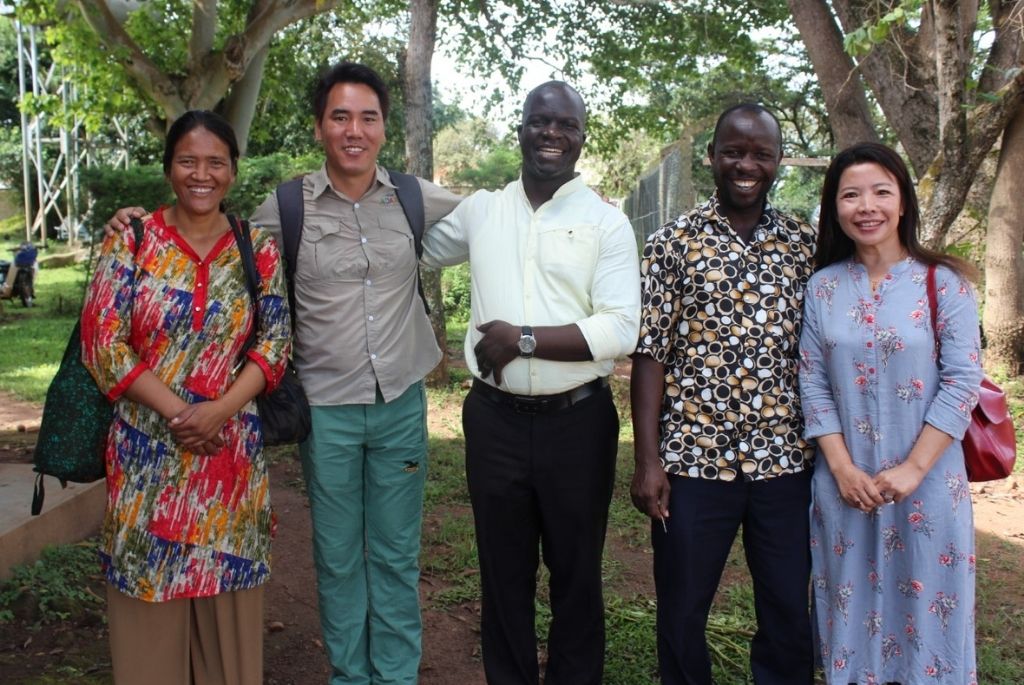

Join us
…to bring quality health and education services to people living in some of the world’s remotest places.
add stories of impact to your inbox
